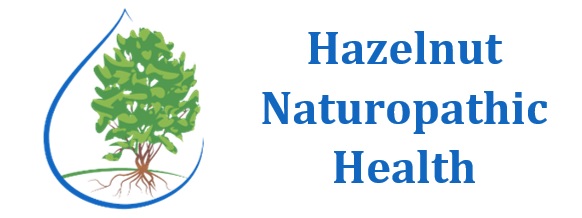
Thyme for Health!
A common kitchen herb, thyme (Thymus vulgaris) has been used for centuries for culinary and medicinal reasons. Nowadays, it is also used in the commercial industry for perfumes, food flavorings, mouthwashes, pharmaceutical products, etc. A perennial, evergreen shrub, thyme is used for its leaves. It can tolerate a wide variety of growing conditions including frost, drought, and salty environments.
Thyme, especially fresh, is loaded with antioxidants, and it contains minerals such as potassium, iron, calcium, manganese, magnesium, and selenium. It’s rich in vitamin A and vitamin C as well as also containing vitamin K, vitamin E, and vitamin B6.
Learn More About Thyme
Thyme has a wide variety of effects including anticancer, antifungal, antiviral, antiparasitic, and anti-inflammatory effects. Thyme has antibacterial effects on a wide variety of bacteria and can be helpful with viruses such as herpes simplex type I, human rhinoviruses, and influenza. This herb may also help with pain (menstrual cramps), depressed mood, and digestive tract ailments. The herb also contains several essential oils with thymol being the most prevalent. It is antiseptic and has been studied for hospital applications to combat biofilms as antibiotic resistance is increasing as well as other applications.
Thyme can be used in the kitchen, as a tea, or as an essential oil. With its versatility, it can be used in a variety of recipes and sauces. As a tea, this plant can have a slightly spicy flavor with earthy undertones which can be used alone or with other herbs. The essential oil can be used via a diffuser when ill, or mixed with a carrier oil to make a muscle rub. As always essential oils should be kept out of reach of children and diluted before use. As with any plant, allergic reactions are possible, and caution should be used, especially with the essential oil. Want to learn more about herbs? Keep an eye on our upcoming classes and workshops.
Resources:
- Hammoudi Halat, Dalal et al. 2014. "A Focused Insight into Thyme: Biological, Chemical, and Therapeutic Properties of an Indigenous Mediterranean Herb." Nutrients; 14(10). doi:10.3390/nu14102104
- Kowalczyk, Adam et al. 2020. "Thymol and Thyme Essential Oil-New Insights into Selected Therapeutic Applications." Molecules (Basel, Switzerland); 25(18):4125. doi:10.3390/molecules25184125
- Singletary, Keith PhD. 2016. Thyme: History, Applications, and Overview of Potential Health Benefits. Nutrition Today 51(1): 40-49. doi: 10.1097/NT.0000000000000139

Leave a Comment
(0 Comments)